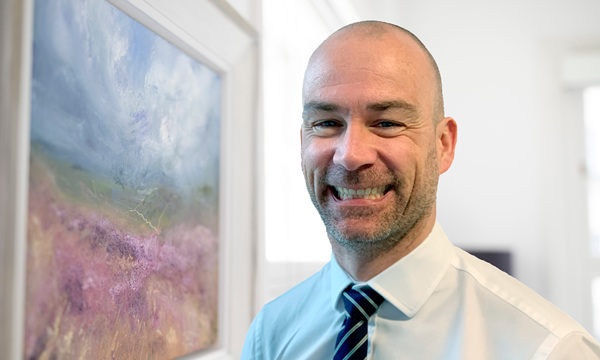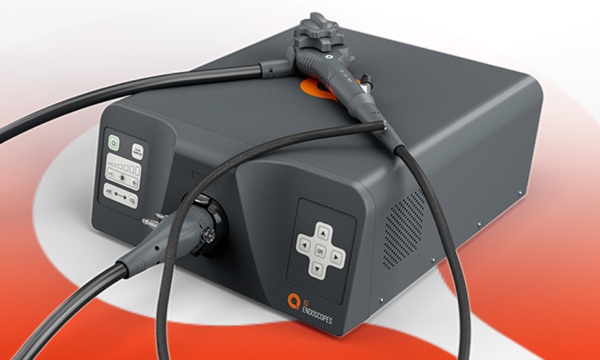
GUEST COLUMN:
Greg Tait
Financial Planner
RBC Brewin Dolphin (Cardiff office)
As we approach the end of the tax year on 5 April, it’s important to check that you’re making the most of your annual allowances before the new tax year begins on 6 April. So, what are some of the allowances you might consider using?
Top up your pension
Checking how much you’ve paid into your pension so far this tax year could flag an opportunity to potentially increase your retirement savings. However, it is also important to note that with the proposed inclusion of pensions for inheritance tax (IHT) from 6th April 2027, it is vital to plan what the right level of pension saving is for you.
Pensions remain incredibly tax efficient if used carefully but the proposed changes bring the risk of incurring higher levels of tax in specific circumstances, therefore understanding the changes and having targeted pension contributions are more important than ever.
The maximum tax-relievable amount you can save into a pension each tax year is £60,000 or 100% of your earnings (whichever is lower).
However, your pension annual allowance may be smaller if you are a high earner. For every £2 your ‘adjusted income’ exceeds £260,000 a year (and your ‘threshold income’ is more than £200,000 a year), your annual allowance reduces by £1.
Note that the minimum reduced annual allowance you can have in the current tax year is £10,000. Your pension annual allowance applies to both your personal and workplace pension contributions. If you breach the allowance, you’ll be liable to pay tax charges.
If you’re not working but are under age 75, you are still able to contribute to a pension and receive income tax relief. You can pay up to £2,880 each tax year into a pension, boosted by tax relief to £3,600.
There may be the ability to carry forward unused annual allowances from the last three tax years.
Boost your ISA
If you are able to, you can put up to £20,000 into tax-efficient ISAs in the current tax year. Your gains within an ISA are free from capital gains tax (CGT) so it makes financial sense to use this allowance, particularly if you’re a higher or additional-rate taxpayer. Also, no income tax is payable on interest or dividends received within an ISA.
A further way to boost your ISA savings is through the ‘bed and ISA’ process, which involves selling non-ISA investments to realise a capital gain and then buying these back immediately inside an ISA. This will enable future gains to remain CGT exempt. However, you may want to seek financial advice before using this tactic. Bed and ISA may involve a short period out of the market, which could potentially affect your investment gains.
Make financial gifts
If you can afford to, you have a certain amount of money that you can gift each year that won’t be liable to inheritance tax. This allowance may also be something you want to make use of before the end of the tax year.
You can give away up to £3,000 each tax year without this money being included in the value of your estate for IHT purposes. You can also give as many £250 gifts per person as you want during each tax year, provided you haven’t already given a gift to the same person using your £3,000 exemption.
If you want to give a larger lump sum, for example to your children or grandchildren, this money may be exempt from IHT provided you live for at least seven years after making the gift.
Consider your income tax personal allowance
Everyone has a personal allowance which is the amount of money they can earn each tax year without being liable to tax. The personal allowance in the current tax year is £12,570.
If you’re married or in a civil partnership, you may want to move some of your assets into the name of the person who is the lower-rate taxpayer or who doesn’t work, so you can minimise your tax liability. If your income is lower than the personal allowance, the marriage allowance may allow you to transfer up to £1,260 to your partner. However, you cannot carry any unused personal allowance forward to the next tax year.
Use your CGT allowance
You can make tax-free gains of up to £3,000 in the current tax year. The CGT (Capital Gains Tax) allowance can’t be carried forward into the next tax year, and it’s important to make the most of it to reduce future CGT liabilities. A financial adviser can help you use this allowance.
For gains made before 30 October 2024, basic-rate taxpayers pay CGT at 10%, rising to 18% if the gains are from residential property. Higher and additional-rate taxpayers will pay CGT at 20% and 24%, respectively. For gains made after 30 October 2024, basic-rate taxpayers pay CGT at 18%, while higher and additional-rate taxpayers pay CGT at 24%. Residential property rates remain the same.
Planning makes perfect
Given the number of changes to allowances and rules in recent years, it is important to seek financial advice to ensure your plans remain suitable for you now and allow as much flexibility as possible moving forward.
Disclaimers
The value of investments can fall and you may get back less than you invested. This does not constitute tax or legal advice. Tax treatment depends on the individual circumstances of each client and may be subject to change in the future. Information is provided only as an example and is not a recommendation to pursue a particular strategy. Information contained in this document is believed to be reliable and accurate, but without further investigation cannot be warranted as to accuracy or completeness.














